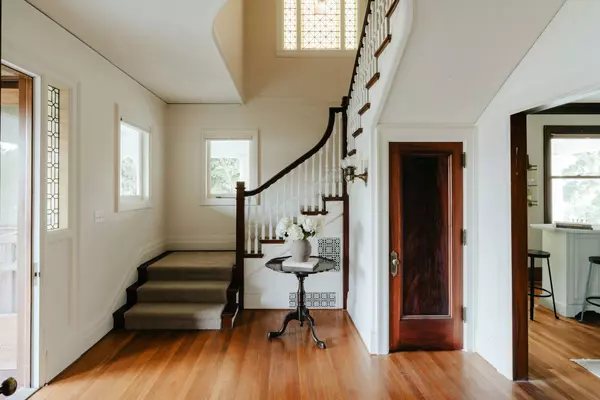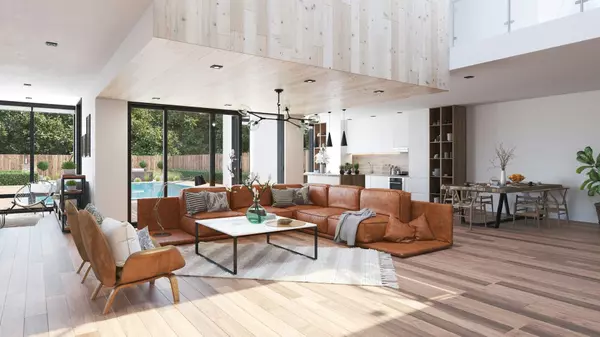Down Payment Strategies: How Much Should You Save?

Buying a home is a big financial step, and one of the most important parts of the process is figuring out your down payment. How much should you save, and how can you reach your goal? I’m here to walk you through it!
1. Understanding the Ideal Down Payment
The most common advice you’ll hear is to save 20% of the home’s purchase price for your down payment. Why? Because putting down 20% allows you to avoid private mortgage insurance (PMI), which can add extra costs to your monthly mortgage payment.
For example, on a $400,000 home, 20% would mean saving $80,000. But don’t worry—there are options if you can’t reach that 20%. You can still get a mortgage with as little as 3-5% down, especially if you qualify for certain loan programs like FHA loans, which allow for a 3.5% down payment.
The bottom line: the more you can put down, the less you’ll borrow, and the more equity you’ll start with, which can lower your monthly payments. But it’s also completely okay if you can’t hit that 20% mark—there are flexible options that work for every budget.
2. Start Early and Save Consistently
Saving for a down payment takes time, but starting early and being consistent makes all the difference. One of the best ways to stay on track is by setting up automatic transfers from your paycheck to a dedicated savings account.
Let’s say you plan to buy a $300,000 home with a 10% down payment ($30,000). If you save $500 per month, it would take five years to reach your goal. If you increase that amount to $750 per month, you can save that down payment in just over three years. The key here is consistency, so even smaller amounts can add up over time.
3. Cut Expenses Where You Can
We all have little expenses that add up over time—whether it’s daily coffee runs, takeout, or those subscription services you rarely use. Cutting back on non-essential spending can free up more money for your down payment fund.
A few practical ideas:
- Make your own coffee at home (you’d be surprised how much this saves over a year!)
- Cancel unused memberships (streaming services, gym memberships, etc.)
- Limit eating out to once or twice a month
These small changes might not seem like much on a weekly basis, but over the course of a year, they can help boost your savings without feeling like a huge sacrifice.
4. Increase Your Income
If you’re finding it tough to save solely by cutting back, consider ways to boost your income. There are lots of creative ways to increase your earnings while still keeping your full-time job.
Some options include:
- Freelancing or side gigs: Consider offering your skills for freelance work in areas like writing, graphic design, tutoring, or even pet sitting.
- Part-time job: If you have extra time on weekends or evenings, picking up a part-time job in retail, customer service, or even ride-sharing can accelerate your savings.
- Selling unused items: Take inventory of things you no longer use (clothes, electronics, etc.) and sell them online. You’d be surprised how much you can make!
Even small increases in income can help you hit your savings goal faster.
5. Take Advantage of Down Payment Assistance Programs
Did you know there are programs designed to help with down payments? These programs are typically aimed at first-time homebuyers, but many are available to anyone who meets certain income or geographic requirements.
Some popular options include:
- FHA loans: With as little as 3.5% down, these loans are perfect for buyers with less cash upfront.
- VA loans: If you’re a veteran or active military, you could qualify for a VA loan with no down payment.
- State and local assistance programs: Many states and cities offer grants or low-interest loans to help with your down payment. Be sure to check what’s available in your area.
A little research can go a long way toward saving thousands on your down payment.
6. Gifts and Grants Can Help
If you’re lucky enough to have family or friends who are willing to contribute, their financial gifts can be used toward your down payment. Just keep in mind that lenders have rules about how gifts are documented, so you’ll need a gift letter that clarifies the funds are indeed a gift and not a loan.
There are also grants available through organizations or your local government, which don’t need to be repaid. Be sure to explore any opportunities that might be available to you!
7. Use Short-Term Investments Wisely
If you have a longer timeline before purchasing a home, consider investing your savings in low-risk, short-term options like high-yield savings accounts, certificates of deposit (CDs), or money market accounts. These can help your money grow faster than it would in a standard savings account, all while keeping your funds safe.
Be cautious with higher-risk investments like stocks, as you don’t want to lose any of your hard-earned down payment funds.
8. Plan for the Other Costs
While saving for your down payment is important, don’t forget that there are other expenses involved in buying a home. Closing costs, home inspections, moving expenses, and even furnishing your new home can all add up. Make sure you leave some room in your budget for these additional costs so you’re not caught off guard.
Start Saving for Your Down Payment Today
No matter where you are in your homebuying journey, the best thing you can do is start saving for your down payment today. It might seem like a daunting task, but with a little planning and discipline, you’ll be well on your way to homeownership.
Remember, whether you can put down 20% or just a little bit less, you have options—and I’m here to help you navigate every step of the way. If you’re ready to start the process or need guidance on how much to save, don’t hesitate to reach out!
Categories
Recent Posts











"My job is to find and attract mastery-based agents to the office, protect the culture, and make sure everyone is happy! "
Scott Greenspan
Broker Owner
